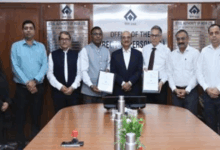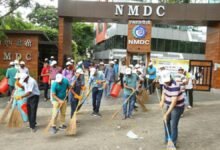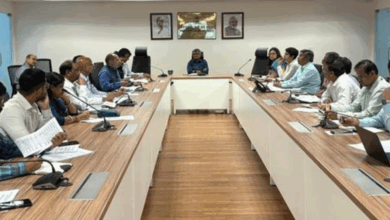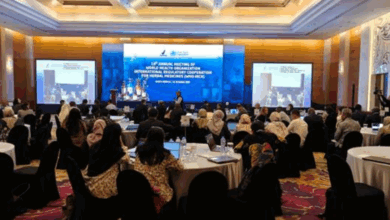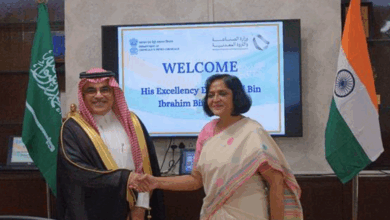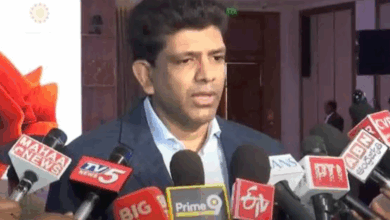NMDC Announces Q1 Results
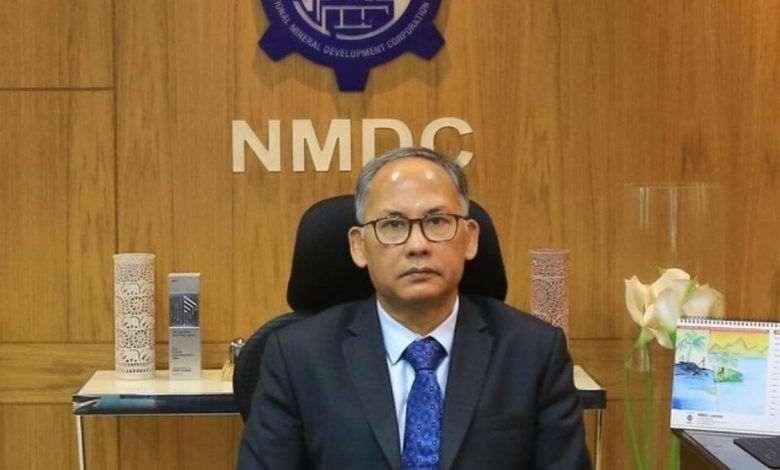
National Mineral Development Corporation Ltd. (NMDC) reported its Q1 numbers yesterday. The company produced 8.92 MnT and sold 7.80 MnT of iron ore in the first quarter of FY23. In the corresponding period last year, NMDC recorded 8.91 MnT production and 9.45 MnT sales.
NMDC registered steady financials for Q1 of FY23 with a turnover of Rs.4,767 crore, PBT of
Rs.1,946 crore, and PAT of Rs.1,469 crore. During the first quarter of FY22, the turnover of the company was Rs.6,512 crore while PBT and PAT figures stood at Rs.4,263 crore and
Rs.3,193 crores respectively.
Commenting on these results, Shri Sumit Deb, CMD, National Mineral Development Corporation Ltd said, “Early monsoon and a shortfall in demand accounted for a slow Q1. On a positive note, our constant technological, digital, and financial growth provide comfort that National Mineral Development Corporation Ltd will mitigate the current challenges and achieve the annual targets.”
Disclaimer : This is an official press release by PIB.

